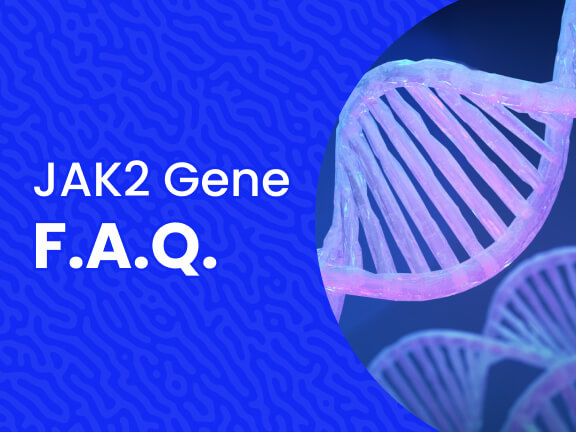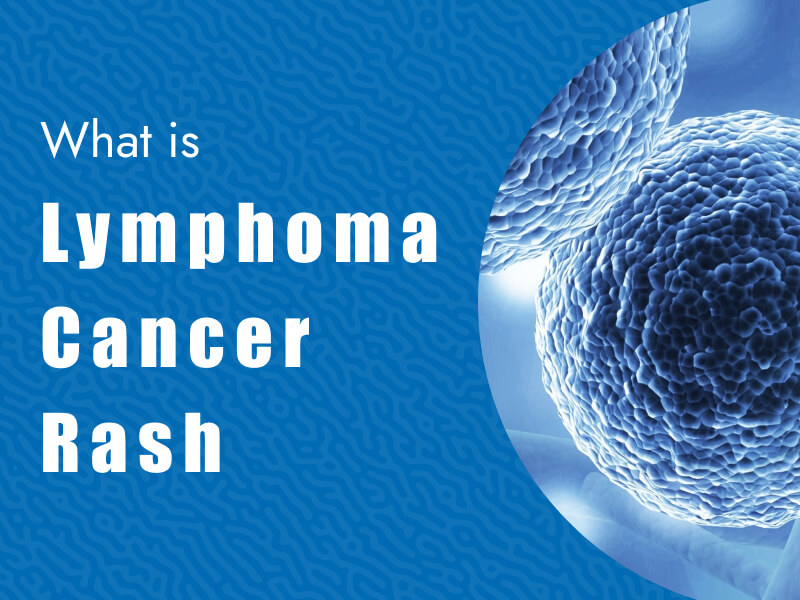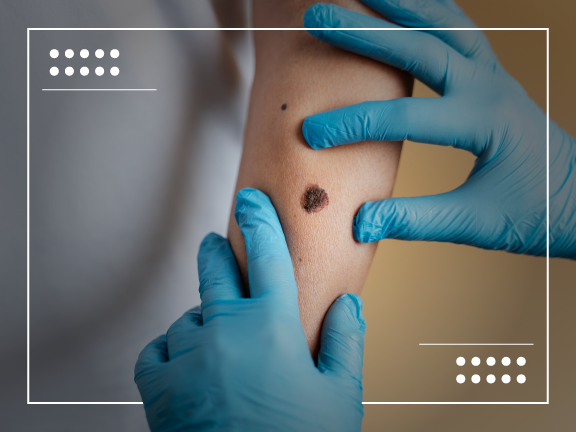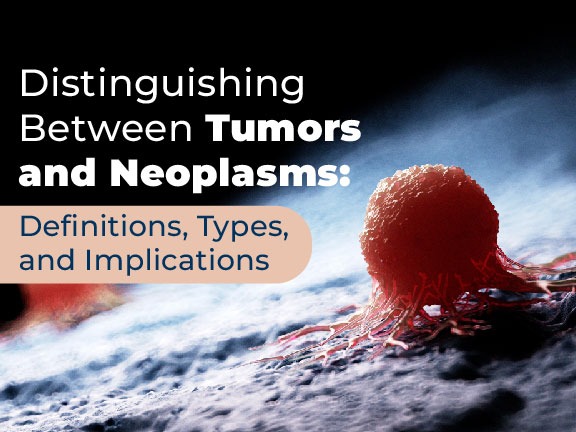Mantle cell lymphoma (MCL) is a cancer that starts in the cells that are part of the body’s immune system. Lymphomas begin in the lymph nodes in different parts of the body. There are different types of lymphomas, the most common of which is non-Hodgkin’s lymphoma (NHL). NHL begins in white blood cells, called lymphocytes, and within those, specifically in B-type lymphocytes. B-cell lymphomas make up about 85% of NHL cases.
Mantle cell lymphoma is a specific type of B-cell lymphoma and is very rare. MCL makes up about 5% of lymphoma cases, is more common in men than women, and usually appears in people over the age of 60. Mantle cell lymphoma arises from cells originating in the “mantle zone” (outer ring) of a lymph node.
By the time mantle cell lymphoma is detected, it has usually already spread to other lymph nodes, bone marrow, and often, the spleen. It is faster growing than many lymphomas, but also doesn’t respond well to treatments that other aggressive lymphomas may respond to. Both factors can make it more difficult to treat. A best option for MCL treatment may be to enroll in a clinical trial.
Biomarker Testing for Mantle Cell Lymphoma
Due to the aggressive nature of mantle cell lymphoma, it can be difficult to treat. One way to determine best treatment options is to test for certain biomarkers, which can then be targeted with specific drug therapies. Biomarkers are biological molecules found in blood, other body fluids, or tissues that is a sign of a normal or abnormal process, or of a condition or disease. Some cancers are caused when there is a change or mistake in the body’s DNA, causing a tumor to grow. These DNA mistakes are known as biomarkers, and physicians can test for them when examining a tumor.
A common biomarker in MCL is overproduction of a protein called cyclin D1 in the lymphoma cells and is found in more than 90% of patients with this type of lymphoma. An excess of the protein can be found through a biopsy and can help to diagnose mantle cell lymphoma. Other biomarkers for MCL, which can be found in 25-50% of patients, are higher-than-normal levels of certain proteins that circulate in the blood, such as lactate dehydrogenase (LDH) and beta-2 microglobulin. Determining these biomarkers can help to decide best treatment and therapy options.
Mantle Cell Lymphoma Clinical Trials
Clinical trials for cancer patients offer access to new studies that are not widely available. Massive Bio guides patients through the most comprehensive clinical trial matching process. Participating in a clinical trial provides patients with new studies they would otherwise not have access to, and because MCL is such a rare disease, clinical trials are crucial in getting access to new studies. There are almost 150 clinical trials for MCL recruiting patients in the United States. If you want to learn more about clinical trials for lymphoma, you can consult the team at Massive Bio.
Sources:












